A decisive blow: It is urgent to rectify the vicious "involutionary" competition in the automobile industry
![]() 08/06 2024
08/06 2024
![]() 535
535
The Political Bureau of the CPC Central Committee held a meeting on July 30 to analyze and study the current economic situation and deploy economic work for the second half of the year. The meeting emphasized the need to strengthen industry self-discipline and prevent vicious "involutionary" competition.
The fact that the Political Bureau has focused on the issue of vicious "involutionary" competition indicates that it has begun to threaten the healthy development of China's economy.
The vicious "involutionary" competition in the automobile industry is quite serious
In the automobile industry, this vicious "involutionary" competition has become quite serious. It is no longer a matter of prevention but of rapid rectification.
The auto price war, which has persisted from the beginning of last year to the first half of this year, has intensified the vicious competition and severely impacted the domestic automobile production, distribution, and marketing environment.
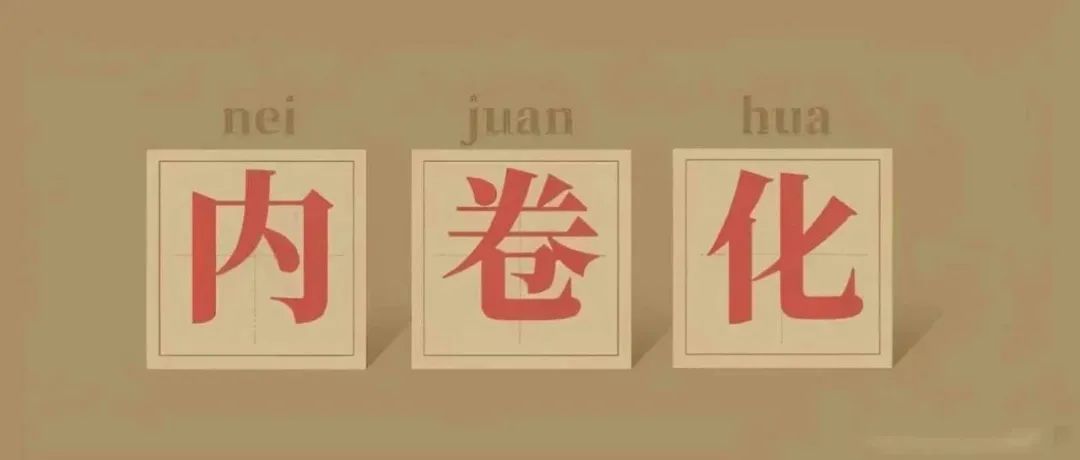
Involvement in price wars, hiring trolls to attack competitors, and engaging in other forms of low-price competition have swept through the entire automobile industry. Some social media platforms, leveraging their traffic dominance, have maliciously damaged the brand images of specific automakers and poisoned the automotive public opinion environment. In the words of an authority in the automotive industry, the entire industry is shrouded in an atmosphere of anxiety and "involution." Price wars have not led to genuine growth in automobile sales. Instead, they have resulted in losses for many automakers, suppliers, and dealers, as they sacrificed profits for market share.
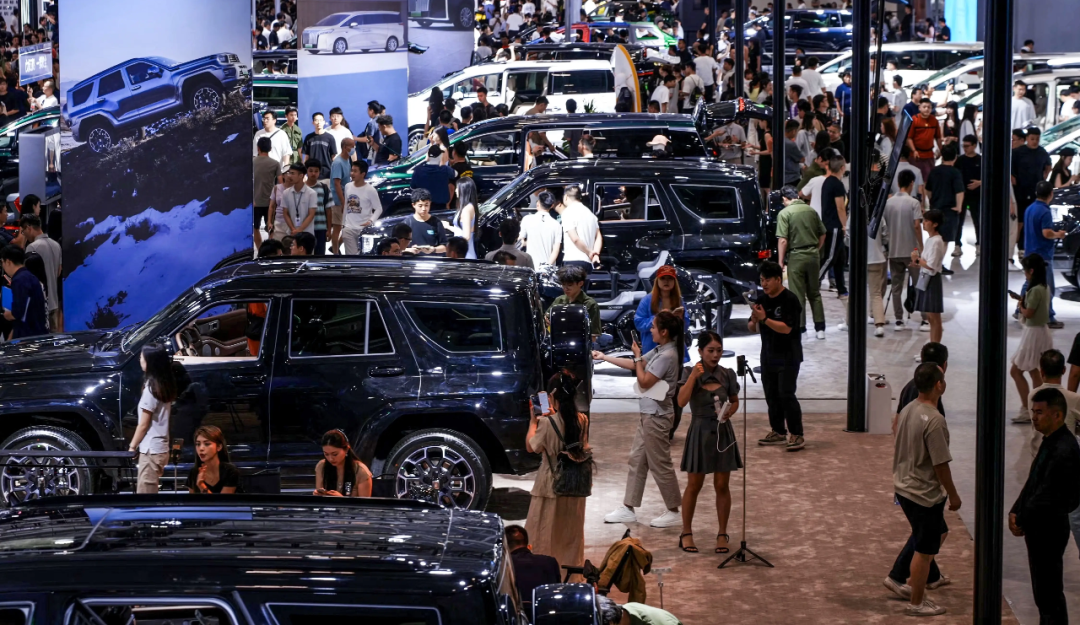
Affected by low-price competition and price wars, domestic auto retail prices fell by about 20% from 2023 to the first half of this year. Many automakers have seen their profits plummet, with some even incurring losses, and many suppliers and dealers have also fallen into severe financial difficulties. Recently, there have been frequent layoffs at automakers, and a wave of closures among auto dealerships, resulting in a large number of unemployed auto salespeople.
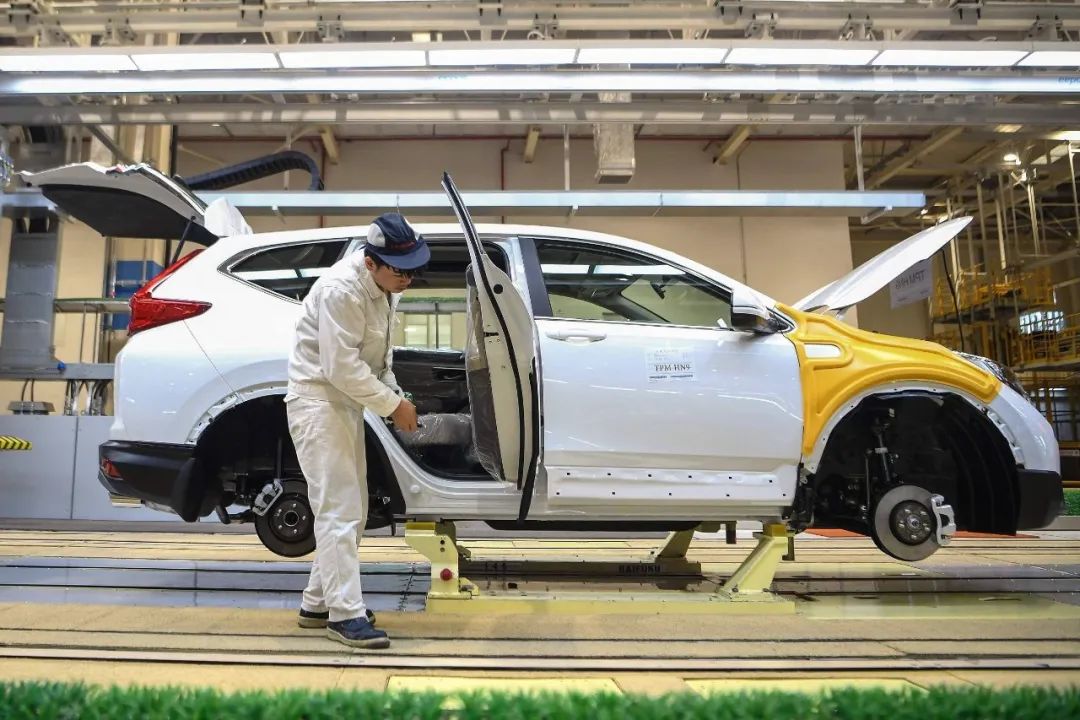
More concerningly, this low-price competition and vicious competition have spread to overseas markets. If it continues, it will undermine the momentum of China's rapid auto exports and severely damage the image of Chinese automakers.
The need to restore normal market competition order
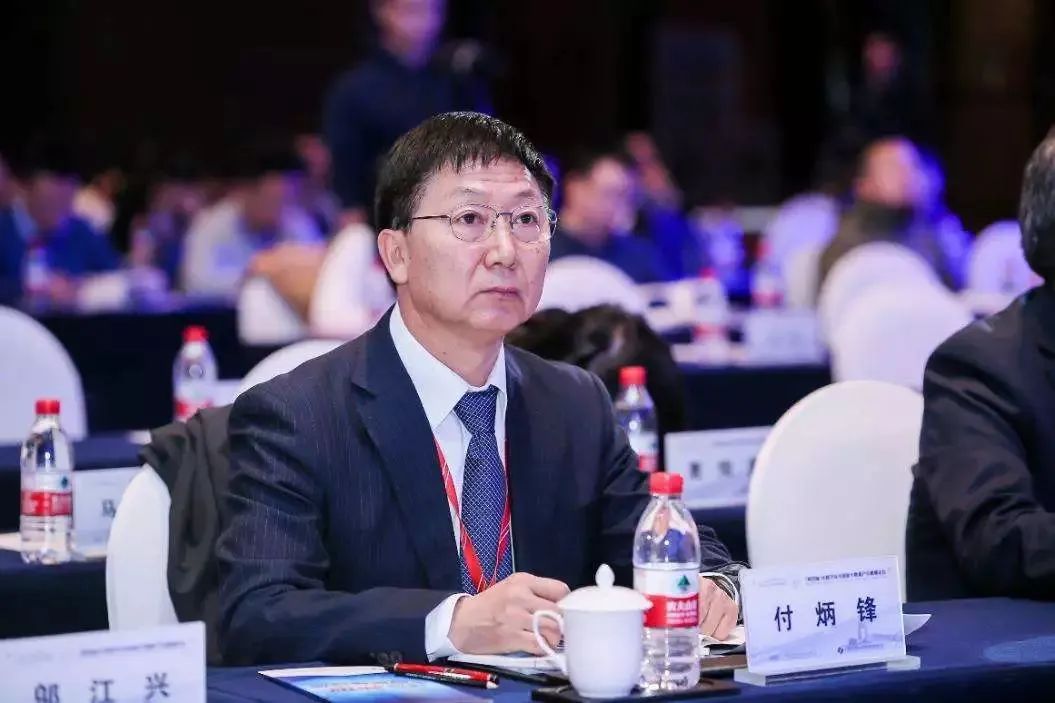
Fu Bingfeng, Executive Vice President and Secretary-General of the China Association of Automobile Manufacturers, pointed out that the current domestic auto market is experiencing slow growth in domestic demand and intensifying industry competition, putting considerable pressure on the overall operation of the auto industry. This intensified involution is detrimental to the healthy development of the industry, and the market needs to return to normal market competition order.
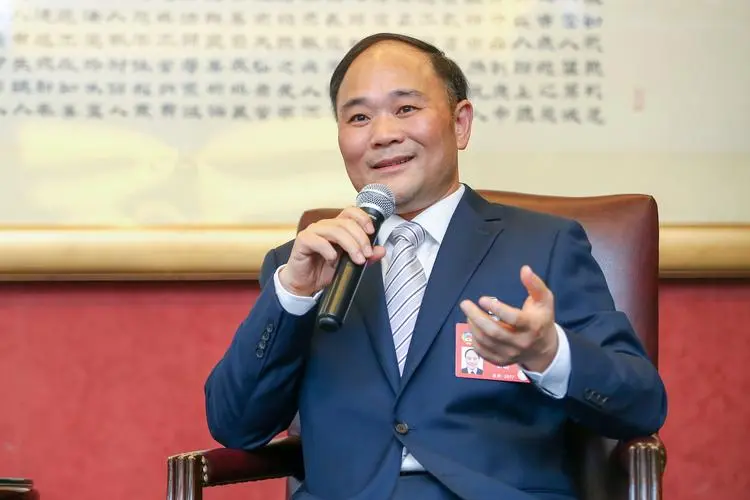
Li Shufu, Chairman of Geely Holding Group, said that China's auto industry leads the world in the extent of involution, with unprecedented waves of price wars. This endless involution and simplistic price wars constitute unregulated and vicious competition. For China's auto industry, it is essential to engage in healthy competition in accordance with laws and regulations to achieve sustainable and high-quality development.
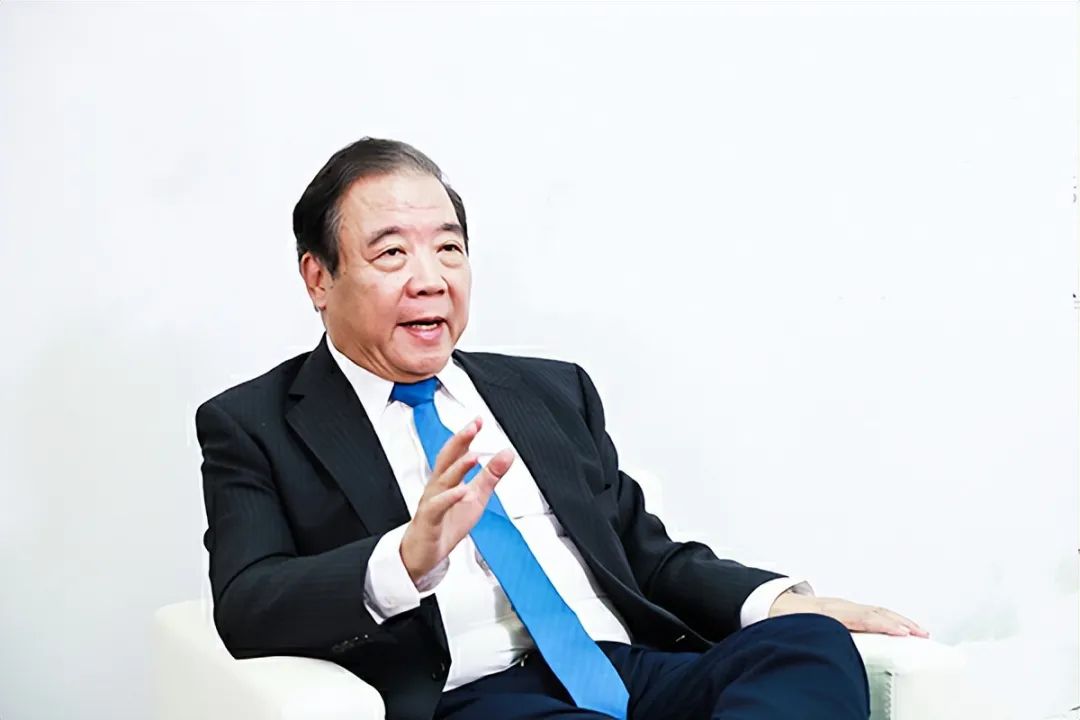
Fu Yuwu, Honorary Chairman of the China Society of Automotive Engineers, noted that "involution" has become a terrifying phenomenon. If we fail to address and rectify it, it will distort the values of the entire industry and undermine the rule of law within the industry.
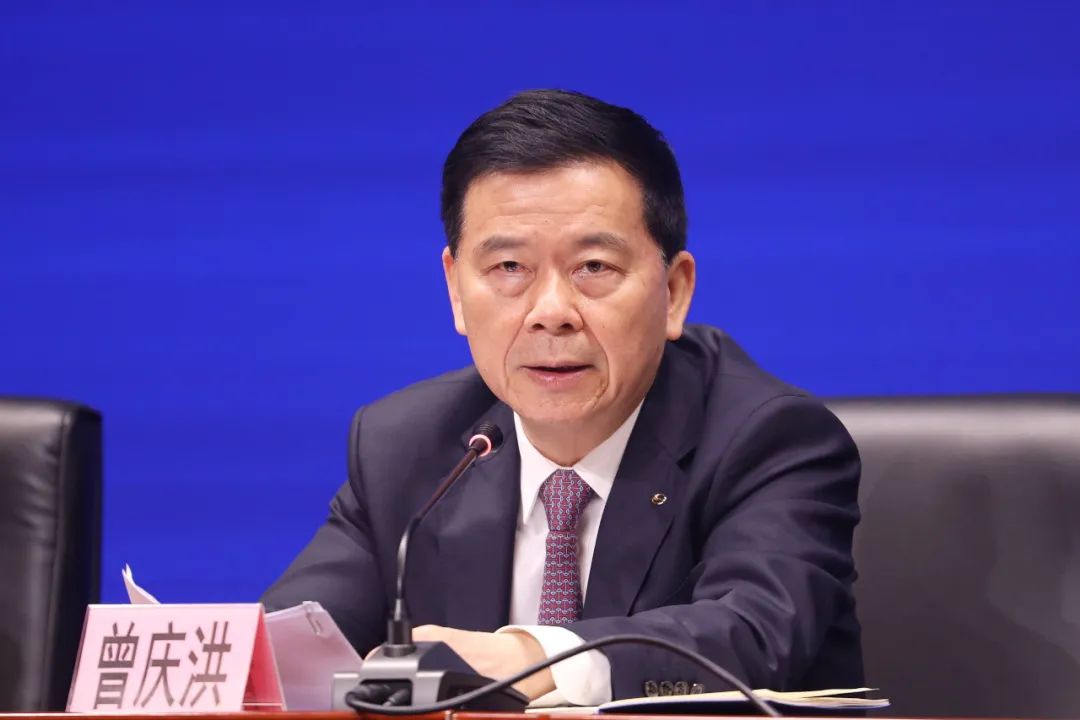
Zeng Qinghong, Chairman of GAC Group, expressed concern about the involution in the automotive industry. He said that continuing the trend of involution in the automotive industry is not a viable solution. The purpose of a business is to make a profit, contribute to the country and society, pay taxes, stabilize, and expand employment. If auto companies do not make money, what will happen to society and the country?
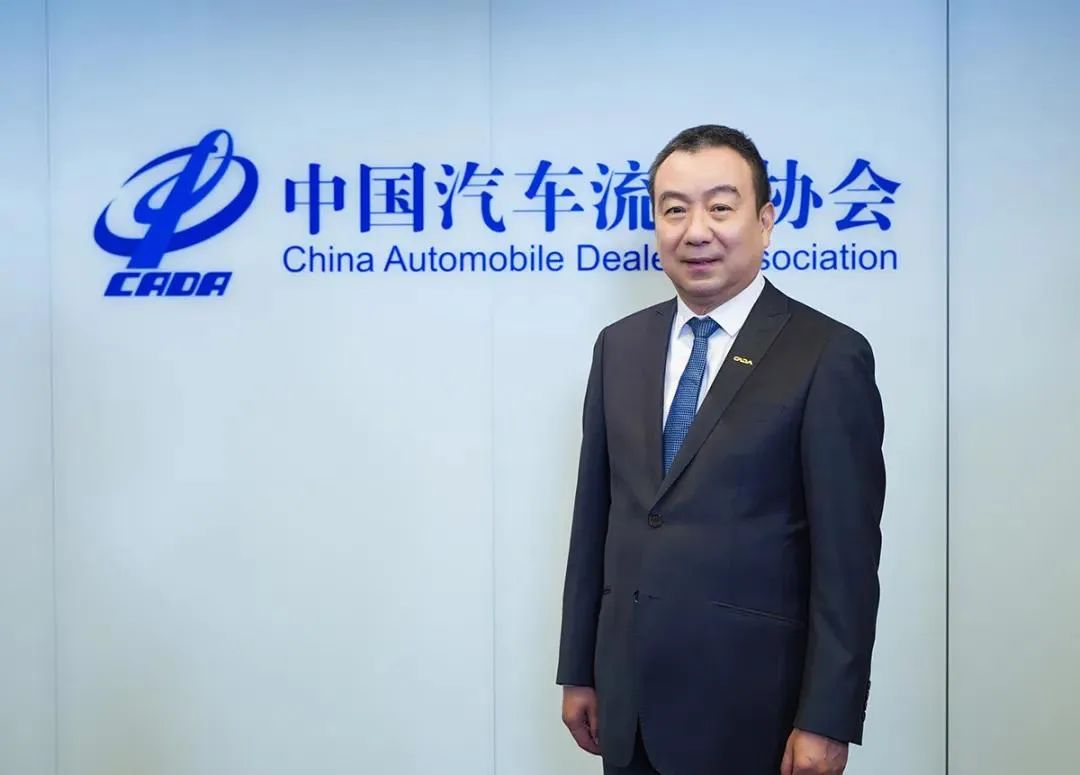
Shen Jinjun, President of the China Automobile Dealers Association, believes that much of the current involution in the auto market is actually unregulated and malicious competition that does not comply with laws and regulations. It is behavior that should be regulated by the Price Law of the People's Republic of China and the Anti-Unfair Competition Law of the People's Republic of China.
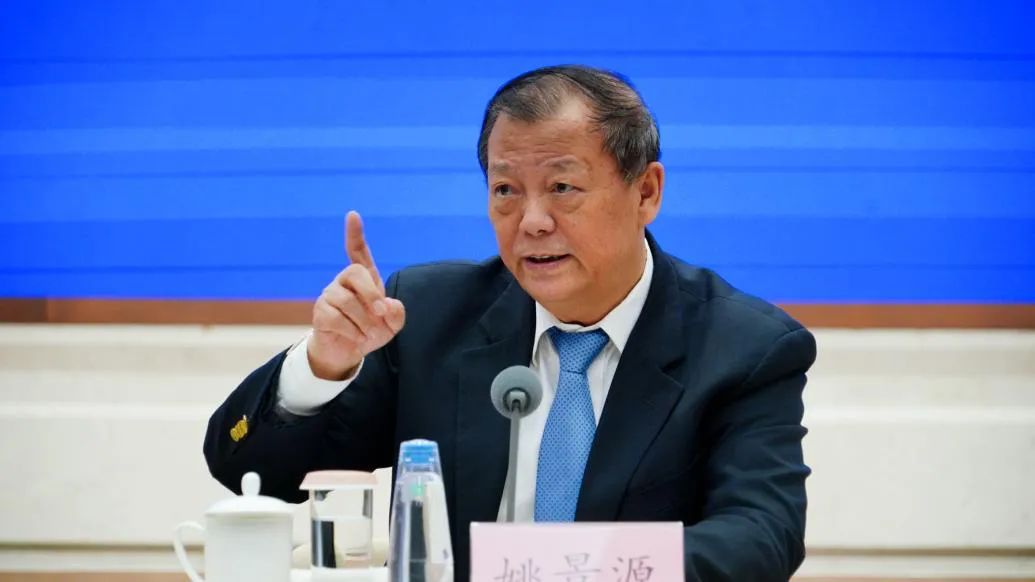
Yao Jingyuan, a special researcher at the State Council Counselors' Office, told reporters that the automotive industry has a wide range of applications, a long industrial chain, and involves more than 150 related industries. Auto-related taxes account for more than 10% of national tax revenue, and auto industry employees make up more than 10% of the total urban employment in China. Auto sales account for more than 10% of national retail sales of goods for consecutive years. The number of people employed in auto-related industries nationwide exceeds one-sixth of the total social employment.
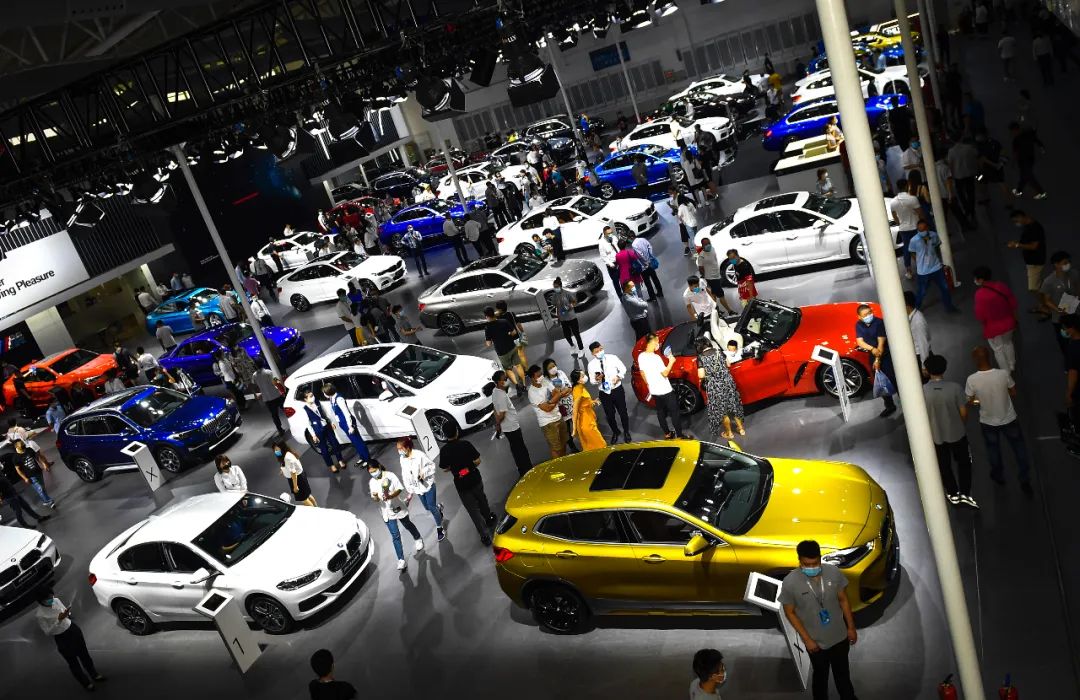
Yao Jingyuan pointed out that as a strategic and pillar industry of the national economy, automobile consumption is essential for expanding domestic demand, stabilizing employment, and supporting industrial and economic development. Currently, among the three major markets of domestic stock, real estate, and automobile, only the automobile market is relatively stable. If the automobile market collapses, the consequences would be disastrous.
Restoring clarity to the automotive industry and market
On June 6, 2024, Premier Li Qiang signed the 783rd State Council Order, announcing the implementation of the Regulations on the Review of Fair Competition, which will take effect on August 1, 2024.
Article 1, Chapter 1 of the Regulations on the Review of Fair Competition states that these regulations are formulated in accordance with laws such as the Anti-Monopoly Law of the People's Republic of China to regulate the review of fair competition, promote fair market competition, optimize the business environment, and build a unified national market.
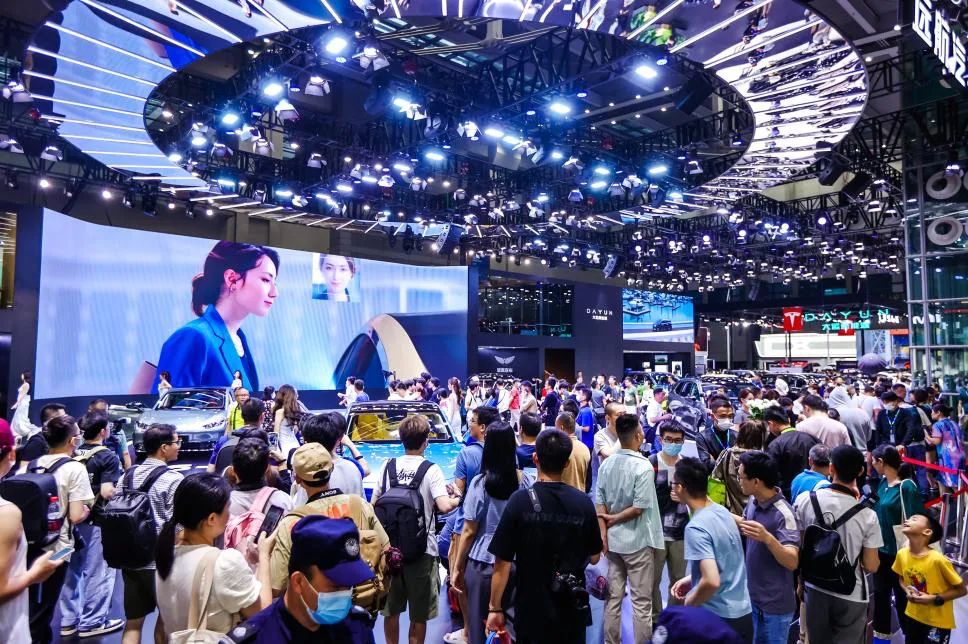
Some analysts believe that the implementation of the Regulations on the Review of Fair Competition ensures that all types of business entities can participate in market competition equally and fairly in accordance with the law, rather than being trapped in vicious "involutionary" competition.
In recent days, some automakers have announced that they will no longer engage in price wars and will return to normal market competition and circulation order. They realize that price wars are unprofitable and ultimately harm both businesses and consumers. They are detrimental to both national economic development and industrial growth.
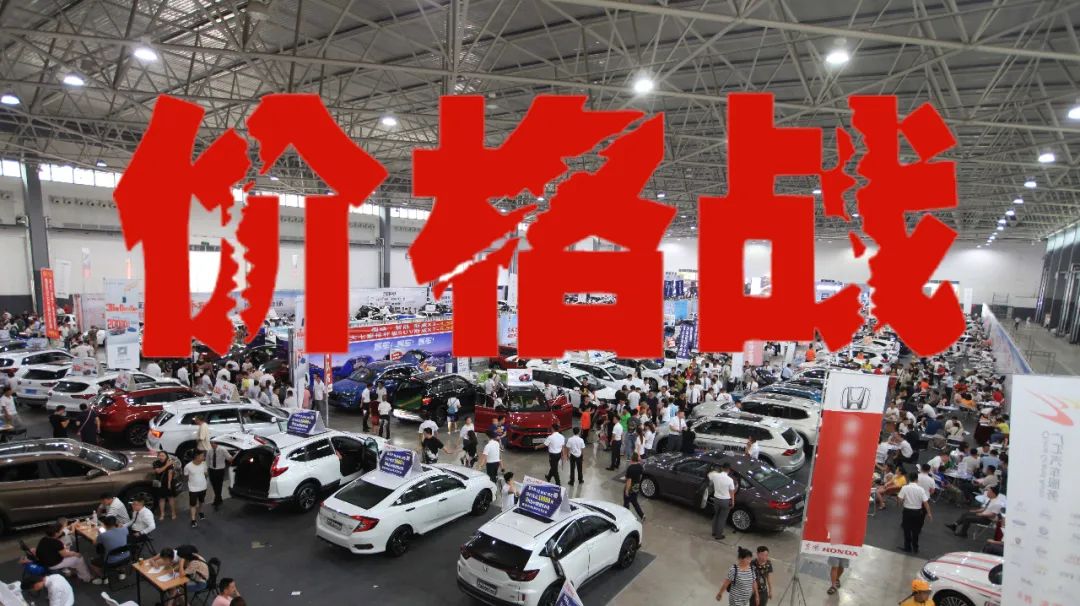
China's auto industry has achieved remarkable accomplishments, which have not come easily. If the vicious "involutionary" competition is not rectified and allowed to spread, it will ultimately destroy the industry.
To prevent and rectify the vicious "involutionary" competition, in addition to industry self-discipline, legal and economic means are also needed to severely punish violators.
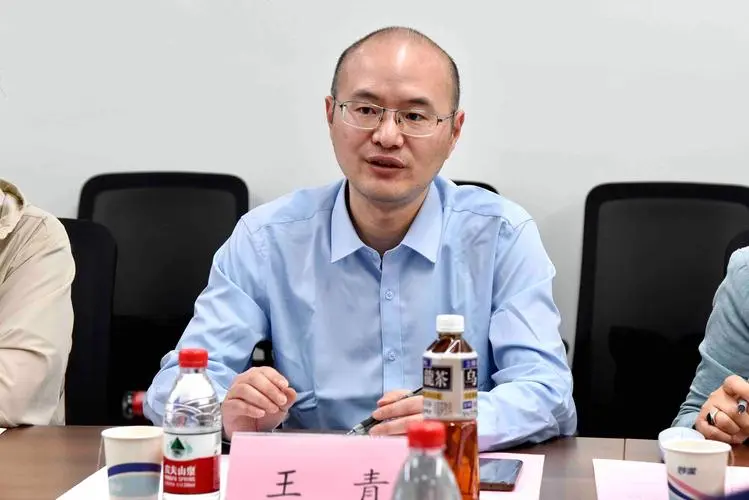
Wang Qing, Deputy Director of the Market Research Institute of the Development Research Center of the State Council, believes that price wars have a reasonable side, as moderate price competition can help reduce costs and promote technological progress. However, the current auto price wars in China have gone too far, disrupting normal price order and threatening the healthy development of the industry, ultimately harming consumers in the long run. Wang Qing proposes that government departments can take measures from three aspects to address the current chaos in the auto market: Firstly, formulate reasonable competition rules without sacrificing the interests of the industry and consumers, encourage fair competition, and combat unfair competition. Secondly, regulate and manage unfair competition beyond pricing, such as online trolls and internet platform hegemony that seriously affect the normal operations of auto companies and mislead public perception. Relevant departments should take decisive action against these issues to create a fair and just business and public opinion environment for the auto industry. Some online platforms should also be stopped from forcing auto manufacturers to lower prices in promotional activities under various pretexts. Thirdly, establish an investigation and triggering mechanism for unfair competition related to low-price sales. Injured companies can lodge complaints through this mechanism, which will also serve as a deterrent to auto companies engaging in malicious competition in the market.
It is hoped that through the spirit of the Political Bureau meeting and the implementation of the Regulations on the Review of Fair Competition, the vicious "involutionary" competition in the automotive sector can be thoroughly rectified, restoring clarity to China's automotive industry and market. (End)







